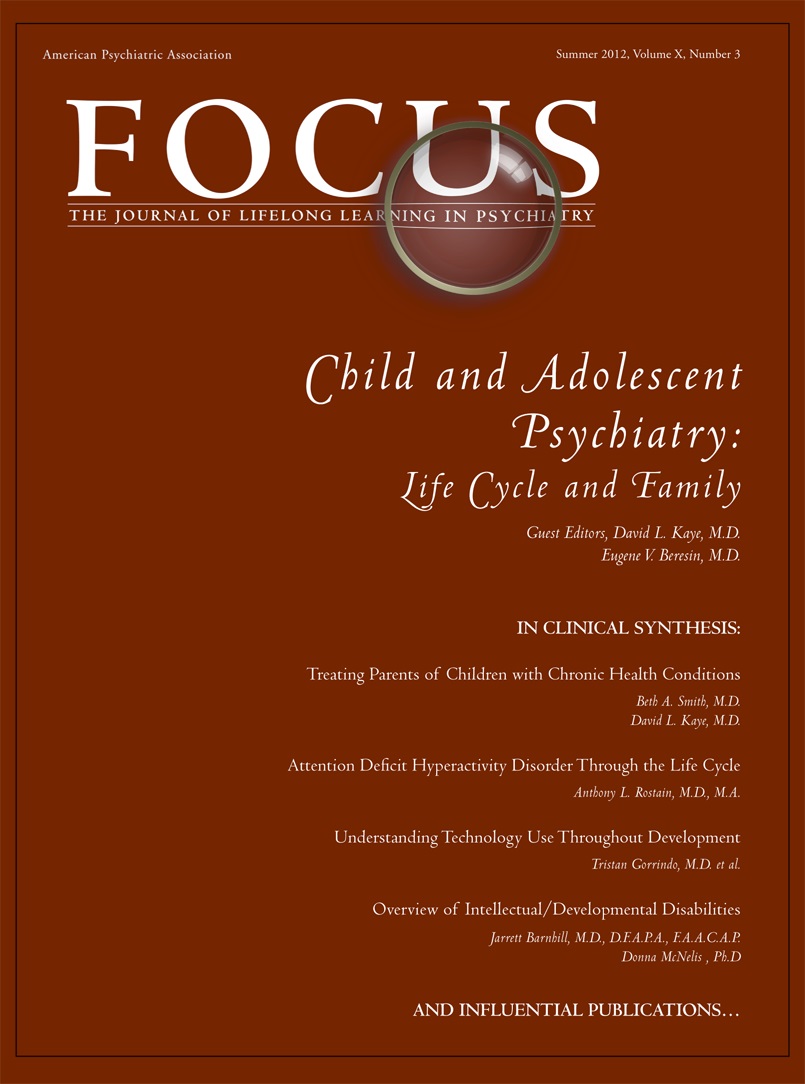Overview of Intellectual/Developmental Disabilities
Abstract
Patients with intellectual/developmental disabilities (IDD) present many challenges to mental health professionals. The capacity to work with such patients requires a working knowledge of IDD as well as an awareness and understanding of the factors that affect the clinical presentation of mental health disorders across the spectrum of IDD. As with any psychiatric evaluation a thorough history and examination are critical. Input from behavioral specialists, OT, PT, medical/neurological specialists, social workers and psychiatrists is central to the assessment process. But diagnosis can present challenges. The complex nature of both IDD and mental disorders as well as the many faces of diagnostic overshadowing confound differential diagnosis, and many clinicians found it difficult to fit available findings into suitable categories of mental disorders. The publication of the Diagnostic Manual-Intellectual Disability (DM-ID) in 2007 helped alleviate many of these difficulties by providing modified diagnostic criteria that better suit individuals with IDD. Treatment is also multifaceted and most effective when implemented by a team of professionals and not exclusively dependent on psychopharmacological interventions.



